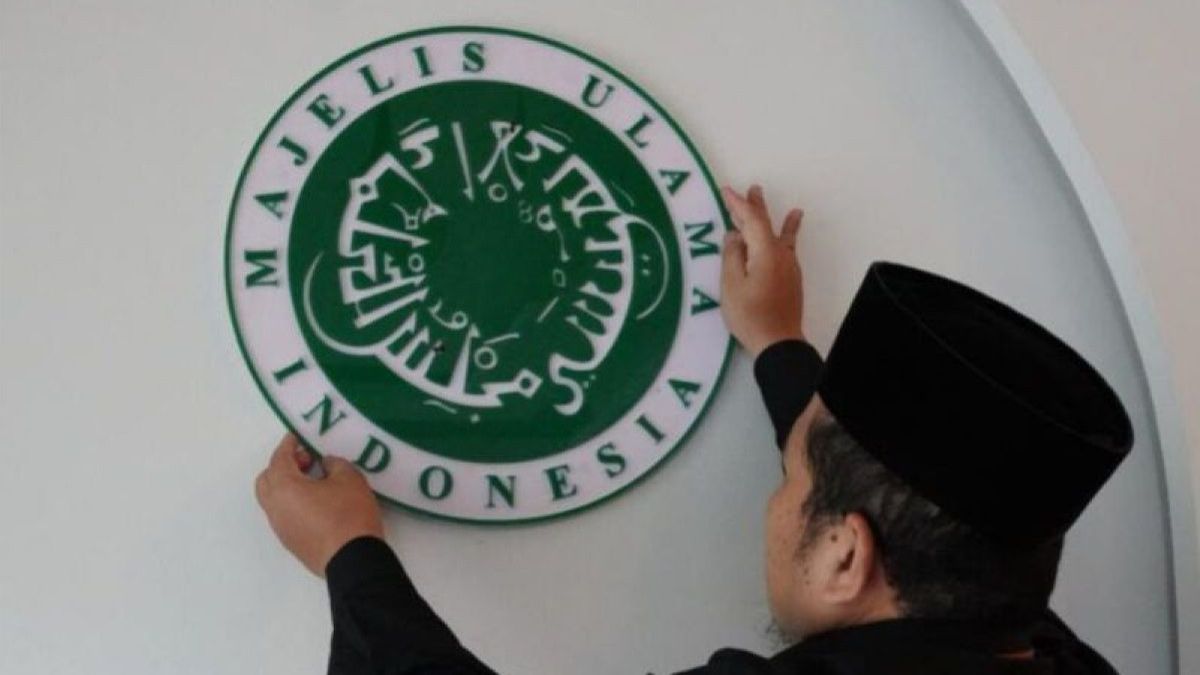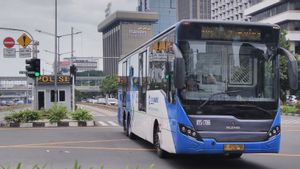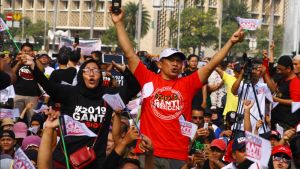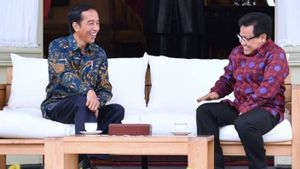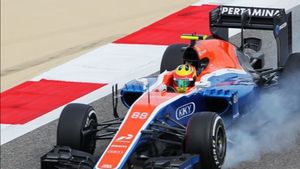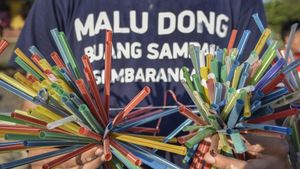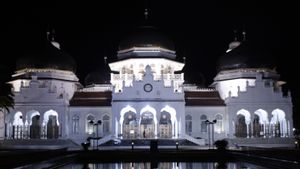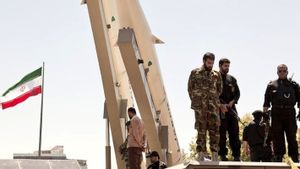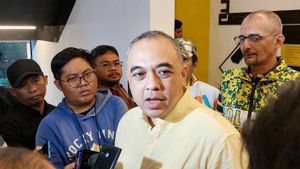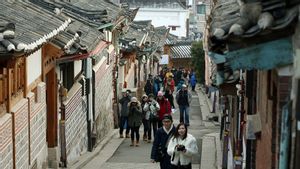JAKARTA Memories of today, six years ago, May 9, 2018, the Indonesian Ulema Council (MUI) issued a fatwa on the politics of illegal money. Money politics and rewards for directing choices in regional head elections and legislative member elections cannot be justified.
Previously, money politics in elections was often the mainstay of election participants who wanted to win instantly. The practice of cheating is present everywhere. In fact, some cases of money politics practice are more vulgar. Take the 2014 election for example.
The practice of money politics often colors Indonesian democratic parties. The presence of money politics is allegedly because many legislative candidates who do not believe in being able to win the election honestly. The practice of distributing money, both cash and goods from candidates to prospective voters, is rampant.
That practice took place almost all over the country. Anyone who wants to get additional votes, must spend money on their prospective voters. They intend to influence voters in the election.
The money used is sometimes from personal pockets. Sometimes also from other pockets -- corruption. The trend actually injures the image of the election with the principle of luber jurdil (direct, public, free, secret, honest, and fair).
This condition also occurs in the implementation of the 2014 Election. Fraud in the form of money practice appears everywhere. In fact, it looks more vulgar. Deputy Coordinator of the Voter Education Network for the People (JPPR), Masykurudin Hafidz revealed that many legislative candidates are clearly doing money politics.
They visit many of the lowest institutions such as places of recitation or schools. The rest of them do money politics.
The mode of legislative candidates is none other than by distributing money in the amount of Rp. 10,000 to Rp. 200,000, goods (sembako, worship tools, credits, clothes), and insurance policies. This practice then became a lesson that maturity in politics was not ripe.
"Now it's open, there's direct money, envelopes, cards (insurements). And it's shared properly. That's the trend of money politics getting more and more open. The threshold is increasing. If I'm not mistaken, the politics of money is only around 10 percent, now it's up about 33 percent. At that time, the worst (infidelity) was the Permanent Voter List (DPT) and logistics which was almost 50 percent, "explained Hafidz as quoted on the Kompas.com page, April 13, 2014.
The practice of money politics is feared to occur in the 2019 General Election. This condition makes a lot of concern. This is because the nation's morale will always be bad if this practice continues. MUI also took a stand. They immediately held the Ijtima Ulama of the MUI Fatwa Commission.
SEE ALSO:
Ijtima was centered at the Al Falah Islamic Boarding School, Banjarbaru, South Kalimantan. They discussed many things through four commissions representing 34 MUI branches from all over Indonesia. As a result, MUI issued a fatwa that was haram for money politics on May 9, 2018.
The general chairman of the MUI, Ma'ruf Amin, revealed that the reward in any form for the nomination process for a person as a public official is haram and includes risywah (bribery). Givers and people who are given do not justify any reason.
"Money politics, including political dowries and giving rewards in any form, is haram. The act of giving is not true and accepts is also not allowed because it is considered haram. Moreover, choices are not directed at competent people in their fields," said Ma'ruf Amin, quoted by Antara website, May 9, 2018.
The English, Chinese, Japanese, Arabic, and French versions are automatically generated by the AI. So there may still be inaccuracies in translating, please always see Indonesian as our main language. (system supported by DigitalSiber.id)
